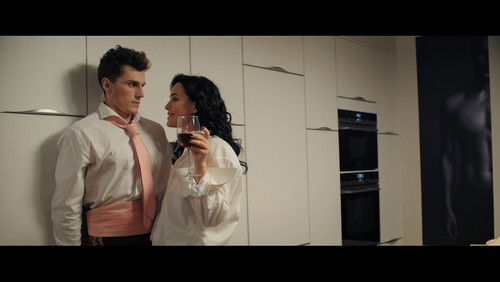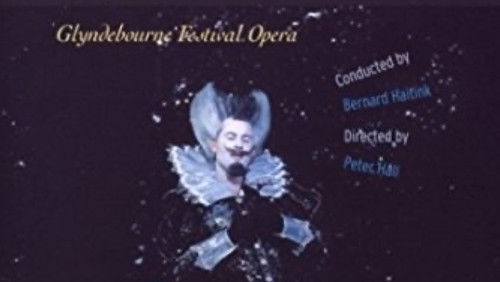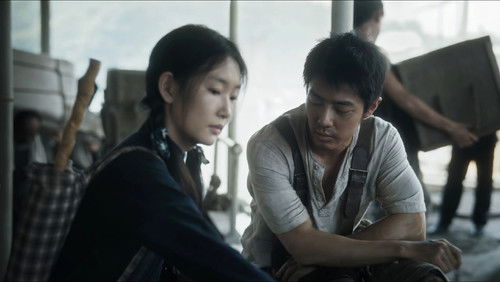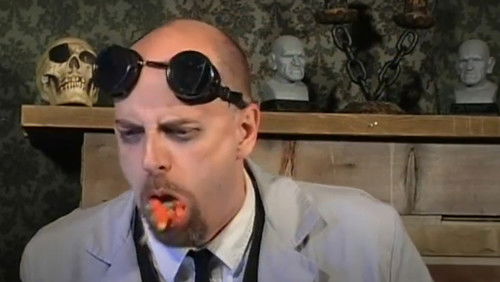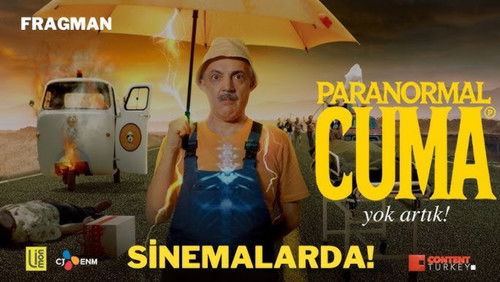Till Death Us Do Part (1968)
14KTill Death Us Do Part: Directed by Norman Cohen. With Warren Mitchell, Dandy Nichols, Anthony Booth, Una Stubbs. The film version of Till Death Us Do Part (1965) tells the story of Alf Garnett and his family living through the London Blitz.
“One of the first television situation comedies to get the cinema treatment, u0026#39;Till Death u0026#39; avoids the trap of being just an extended television episode which befalls many other adoptions, by opening out the story. It is more a prequel than merely being the u0026#39;film of the showu0026#39;, showing us the history of the Garnett family, from just before the start of the Second World War to the u0026#39;present dayu0026#39; of 1969, taking in the 1966 World Cup on itu0026#39;s way.u003cbr/u003eu003cbr/u003eIt is the wartime sequence of the movie (it roughly takes up the first 45 minutes of the film) which for me is the highlight of the picture. You really do get a proper sense of time and place. The credit mainly goes to the director, Norman Cohen, who gives what could have been a static television-style play, a real cinematic treatment.u003cbr/u003eu003cbr/u003eThe script by Johnny Speight is generally excellent and (as far as I know) isnu0026#39;t just a re-packaging of old television material. Ironically the movie falters when it moves u0026#39;twenty or so years lateru0026#39; and moves into the more familiar setting of the series That said, Ritau0026#39;s wedding is a memorable set-piece, moving between drama and comedy (and very uncomfortable viewing at times, due to Garnettu0026#39;s racism). u003cbr/u003eu003cbr/u003eItu0026#39;s Mitchellu0026#39;s movie, of course. Itu0026#39;s a credit to the actoru0026#39;s talents that that you canu0026#39;t help liking Alf, despite the fact that Speightu0026#39;s script constantly under-cuts and mocks the character.u003cbr/u003eu003cbr/u003eItu0026#39;s an oddly bitter-sweet movie, as a community which had survived the Blitz is eventually disbanded, with the Garnett family exiled to a bleak modern concrete tower block. There is a real sense of loss here and it is this which places it a few notches up from the normal television spin-off. Itu0026#39;s a pity that this movie will always be over-shadowed by its more controversial small screen incarnation, as it deserves a wider audience. It also showcases a rather brilliant title song, by Ray Davies, which any fan of The Kinks should check out.”
